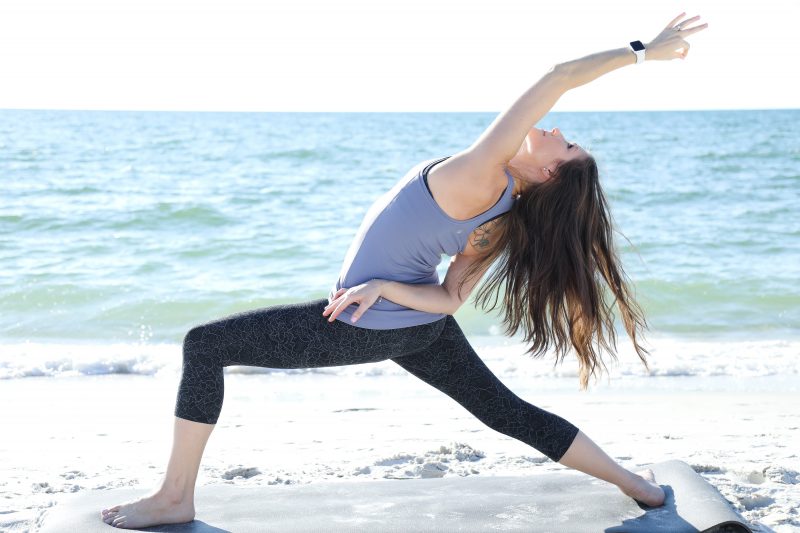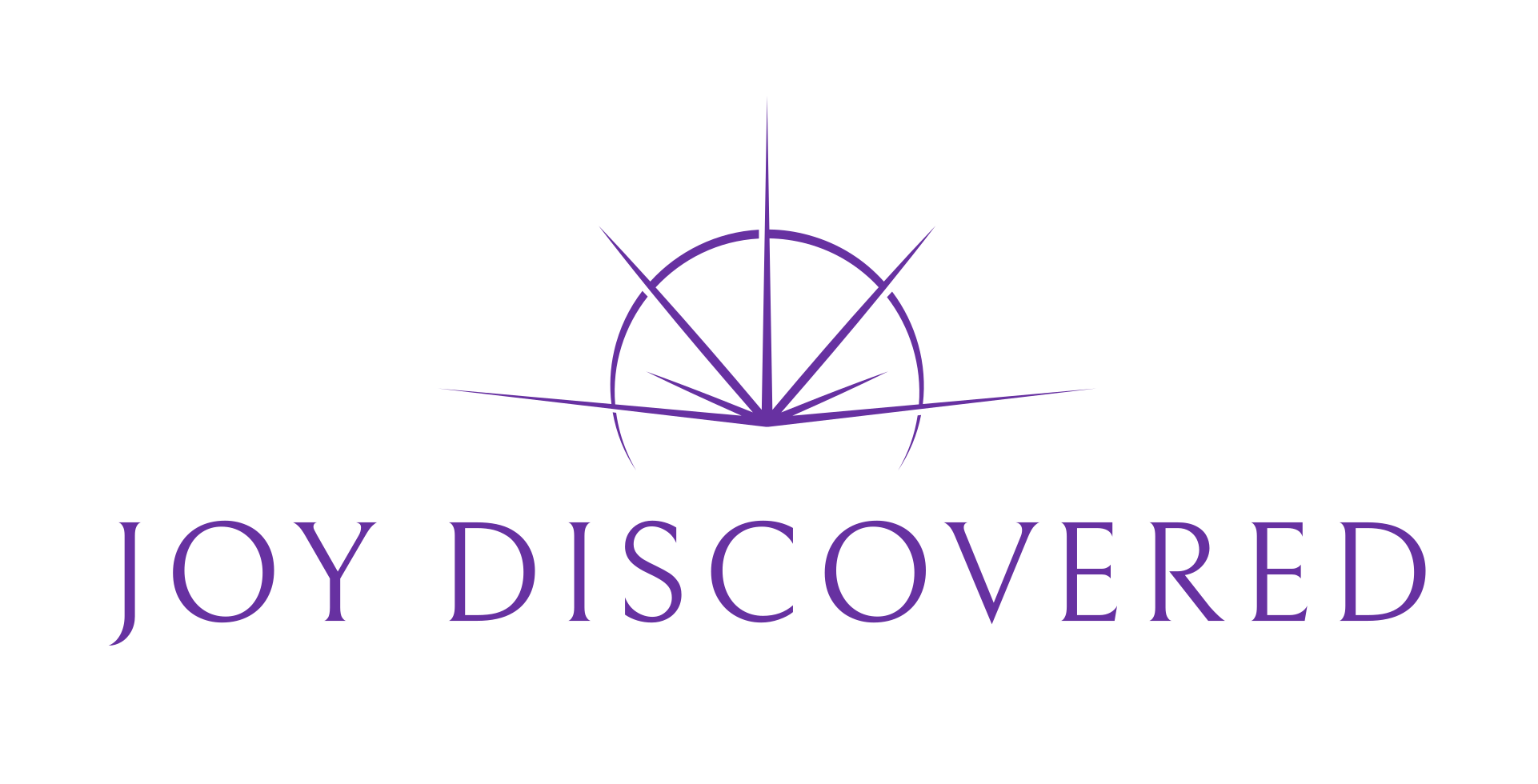Just Because You Can, Doesn’t Mean You Should

“Just because you can, doesn’t mean you should.”
The first time I heard this saying I scribbled it on my white board, typed it into my Notes app, and saved it in my Favorite Quotes base on Airtable. (No one has ever called me disorganized lol!)
I couldn’t get this saying off my mind. For much of my life, I did all the things that came my way because I am a strong, efficient high achiever.
I took on extra projects at work even though my work load was already full. I said no when my bosses asked if I needed help with goals set higher than my peers. I said yes to every invite (personal and professional) and single-mommed my way through long days and nights when my husband was working.
“I’ve got this,” I would say to myself. “Plus, I don’t want to burden anyone…”
The “I don’t want to burden anyone” comes from an inherent not-good-enough-ness that I developed as a little girl. This is a limiting belief that shows up in most human beings to some degree because our authentic selves were not fully seen, heard, or validated as children.
This belief pushes us to:
A) Not ask for help when we need it or accept help when it’s offered, or…
B) Over-achieve in order to prove our worth. (Like our value is defined by the number of things we check off on our to-do list or the number of degrees we hold. We even over-achieve by pushing our children to do, do, do, or live out our own unfulfilled childhood desires, then place our value on the number of accomplishments our children earn.)
In my case, I was guilty of both A and B.
“I’m a strong, independent woman,” I’d think. “I can do this.”
And I would. I’d finish the projects, hit the goals, show up for all people, places, and things, and deep breathe my way through parenting young children.
All would be good… until it wasn’t. I’d scream at my boys, scowl at my husband, gain weight, catch a cold, and look for a new job thinking the answer was with a different employer.
But the answer was within me.
I had to explore where this lie of not good enough had come from and expose it so it would lose its power over me. I had to surround myself with people who saw and heard the authentic me so I could learn from them how to validate myself. I had to shine a light on the things about myself I wanted to keep in the shadows – those dirty, naughty, grotesque parts of me I didn’t want anyone to see. I had to open my heart and trust in others, even if it meant that one day my heart might break.
As I took these steps, I started to value myself, my time, and my well-being more.
The more I valued myself, the better work, home, and my purpose played out.
It’s still hard for me to ask for or accept help, but I’m getting better at it. It’s a practice, after all, just like meditation and yoga – just like all of life, really.
How can you debunk your version of the lie that you are not good enough?
Where can you practice asking for and accepting help?
Where are you over-achieving in order to hide your insecurities?
Can you see how every experience of your life – even the not so pretty ones – has created the beautiful being that you are? And are you willing to love those parts of you?
Because those parts contribute to your power. When you own all parts of you (rather than being owned by them) and integrate them into your life story, you are powerful. In your power, you empower others. In our power, we create a world of love and connection.
And guys, our world needs empowered women, love, and truth really freaking badly right now.
Power on.
xoxo
Sara
[activecampaign form=5]

What's your greatest take-away from this blog? Any questions?